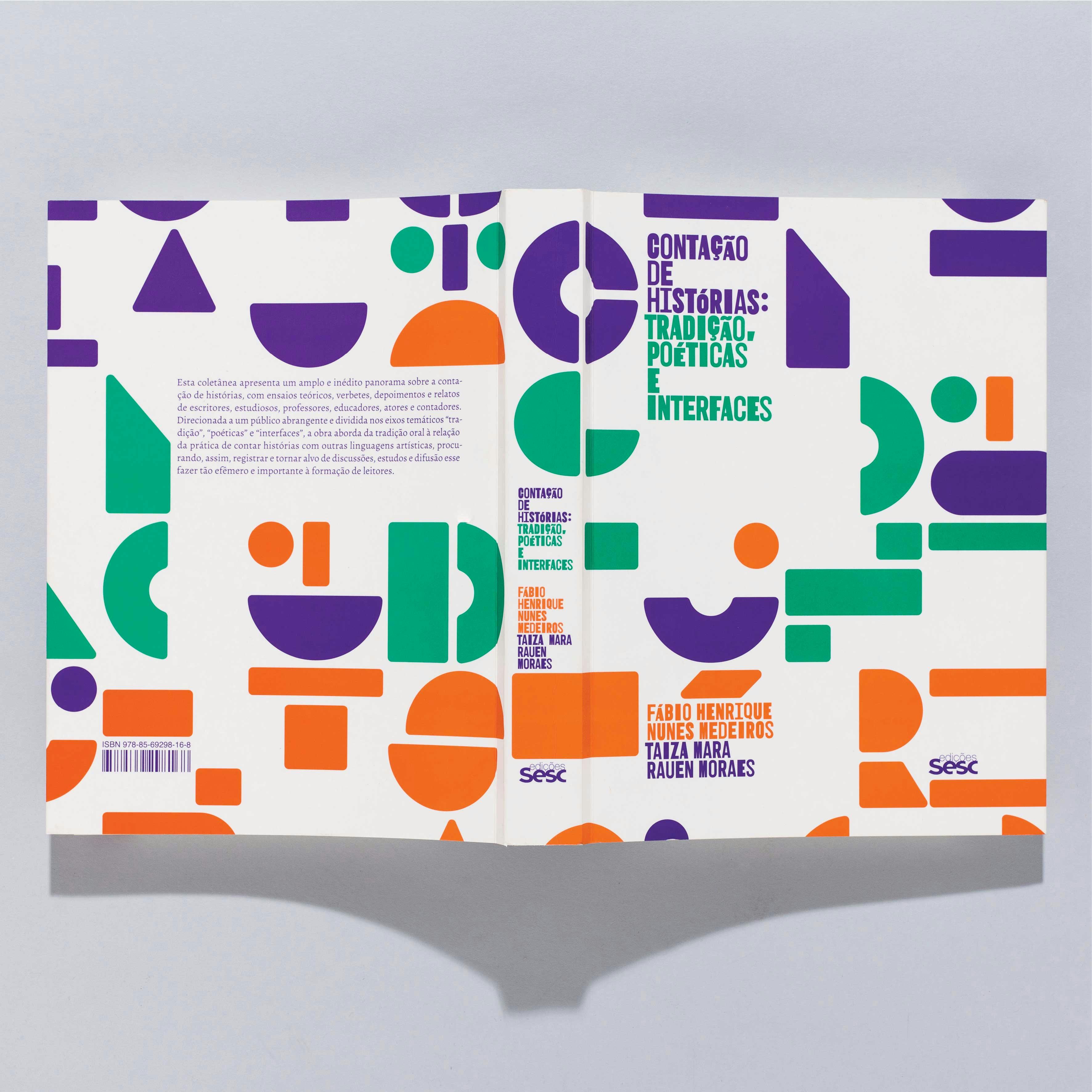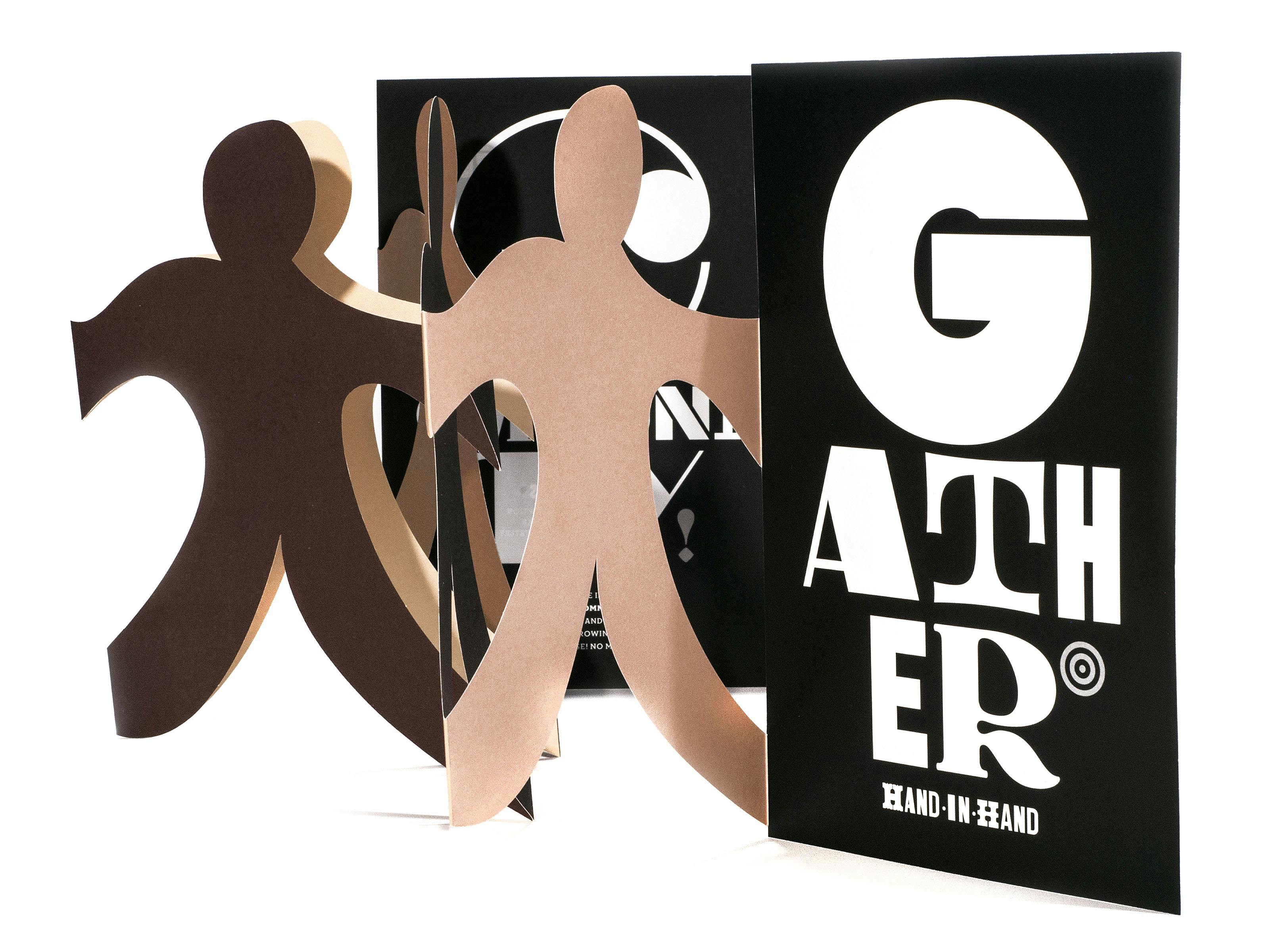Woodkit Solid
About
Woodkit Solid is a playful fixed-width display series of typefaces inspired by wood type and letterpress printing, with unexpected constructional solutions, dazzling variability of shapes and interchangeable components that invite you to explore and play.
LetterpressBuy
Amsterdam
Alphabet ABuy
Bengaluru
Alphabet BBuy
Copenhagen
BlocksBuy
Damascus
OrnamentsBuy
Edinburgh
FiguresBuy
Fortaleza

